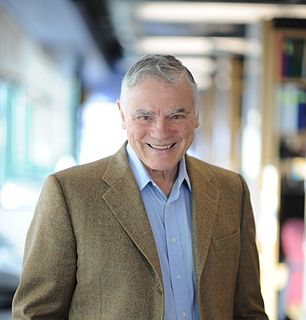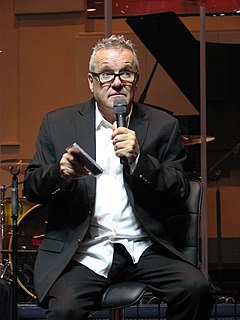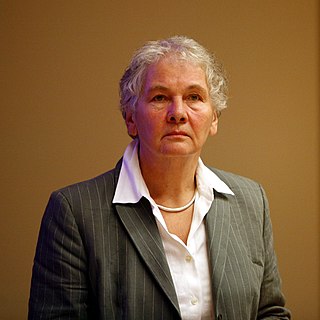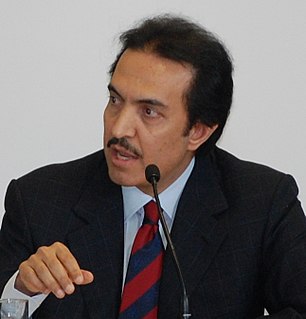A Quote by Leroy Hood
If you know the mother's genome and the father's genome, and you see that the children have some genes that neither parent has, then you know that difference is either a mutation or a processing error.
Related Quotes
The question is, are there useful things that we can do with the results of a genome sequence that would bring benefit? And the answer is, today, should the majority of people go and have their genome sequenced? Probably not. But are there particular circumstances in which genome sequencing is really helpful? Yes, there are.
Recently, results of the Human Genome Project have shattered one of Science's fundamental core beliefs, the concept of genetic determinism. We have been led to believe that our genes determine the character of our lives, yet new research surprisingly reveals that it is the character of our lives that controls our genes. Rather than being victims of our heredity, we are actually masters of our genome.
God is so much nicer than you can imagine. I know "nice" is an odd word, but He loved you enough to die for you. And if you think of a great parent, then you got a glimpse of God, a great father, a great mother, and how they look at their children. How you, if you're a parent, you look at your children.
Every cell in our body, whether it's a bacterial cell or a human cell, has a genome. You can extract that genome - it's kind of like a linear tape - and you can read it by a variety of methods. Similarly, like a string of letters that you can read, you can also change it. You can write, you can edit it, and then you can put it back in the cell.































